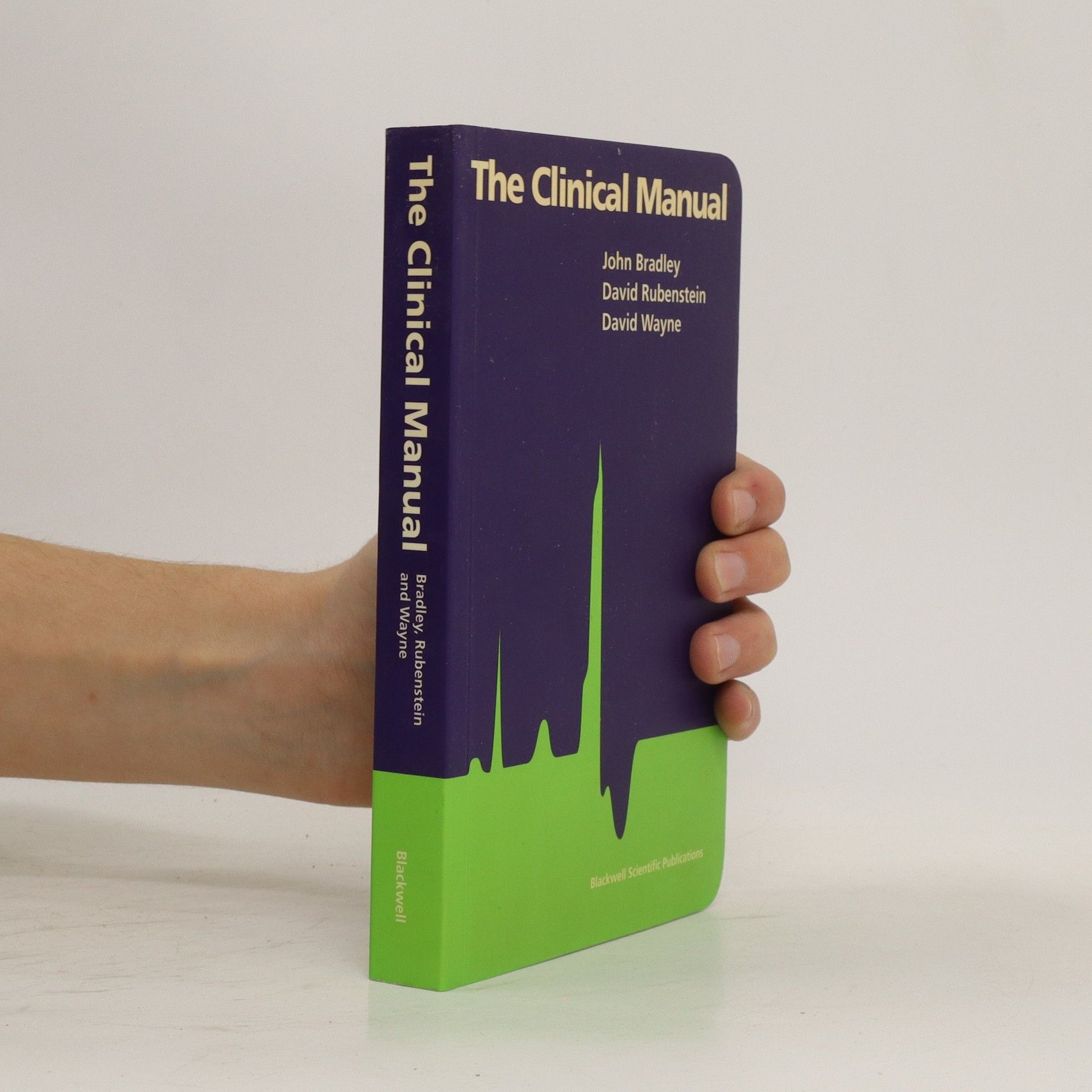How to lead
Was man von den weltbesten CEOs, Gründern und Gamechangern über Führung lernen kann






Was man von den weltbesten CEOs, Gründern und Gamechangern über Führung lernen kann
This book is aimed at the medical student who has just survived two years of the basic pre-clinical sciences, with little in the way of patient contact or medical relevance in the course content. At this point, the typical medical student has absorbed a great deal of biochemistry, physiology and pathology, but knows little about how to approach a sick patient, how to take a history, or how to perform an examination. This book is a companion text that aims to ease the stressful transition from preclinical to clinical medicine and help students survive their first months on the ward.
American icons and historians explore the grand American experiment in democracy, culture, innovation, and ideas, the capstone book in a trilogy from David Rubenstein.
This volume has been extensively revised to incorporate changes in medical practice since the last edition and remains packed with vital and relevant techniques and information. It is divided into two parts, the first of which covers, system by system, the techniques of physical examination.
"We are in the midst of a new space race that pairs billionaire space barons with governments in an effort to exploit the cosmos for human gain. While Elon Musk and SpaceX work to establish a human presence on Mars, Jeff Bezos and Blue Origin work toward mining operations on the moon, missions to asteroids to extract resources, and millions of people living in rotating near-Earth satellite dwellings. Despite the differences in their visions, these two billionaires share a core utopian project: the salvation of humanity though the colonization of space. But we have already seen the destructive effects of this frontier spirit in the centuries-long history of European colonialism. Philosopher of religion and space enthusiast Mary-Jane Rubenstein wants to pull back the curtain on the not-so-new myths these space barons are peddling. In Astrotopia, she explains why these myths are so problematic and offers a vision for how we might approach the exploration of space in ways that don't reproduce the atrocities of humanity's previous colonial endeavors"--]cProvided by publisher.
Lucy London puts the word genius to shame. Having obtained her PhD in microbiology by the age of 20, she's amassed a wealth of knowledge, but one subject still eludes her - people. The pendulum of passions experienced by those around her confuses and intrigues her, so when she's offered a grant to study emotion as a pathogen, she jumps on the opportunity. Enter Jensen Walker, Lucy's neighbor and the one person she finds appealing. Jensen's life is the stuff of campus legend: messy, emotional, and complicated. Basically, the perfect starting point for Lucy's study. When her tenaciousness wears him down and he consents to help her, sparks fly. To her surprise, Lucy finds herself battling with her own emotions, as foreign as they are intense. With the clock ticking on her deadline, Lucy must decide what's more important: analyzing her passions...or giving in to them?
"The essential leadership playbook. Learn the principles and guiding philosophies of Bill Gates, Jeff Bezos, Ruth Bader Ginsburg, Warren Buffet, Oprah, and many others through illuminating conversations about their remarkable lives and careers"-- Provided by publisher